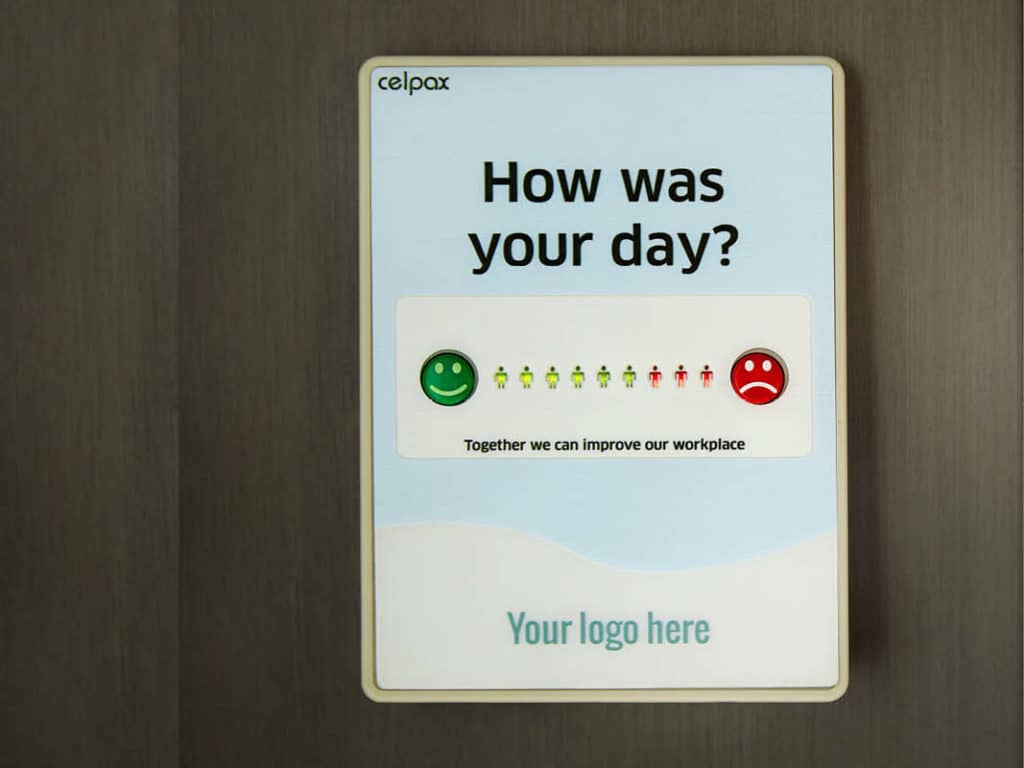
Employer Branding has become one of the top priorities of most CEOs in large corporations as they try to “win the talent war”. But should it be the same priority for the owners of small to medium sized businesses?
In my experience, large corporations usually have the systems, scale and leaders that highlight strategic HR business metrics such as “time-to-hire”” and “cost-to-hire” quality talent – so any problems attracting and retaining staff should be noted and acted on more quickly, On the other hand, smaller businesses are often facing similar challenges but don’t have the same resources or metrics, so they may not even know that they have a problem to solve. Worst of all, few of them have intentionally developed their Employer Brand, so they are often competing for the same talent, with fewer insights, AND a less valuable brand. No wonder they miss out on great people, far too often!
But now for some good news: there are six simple things that you can do, reasonably quickly, to “level the playing field” for your Employer Brand.
An Employer Brand is its reputation as a “place to work” from the point of view of current employees (who you hopefully wish to retain) and the external market (active and passive candidates that you may need to attract and hire).
If you think about purchasing a new product online, 60-80% of the information you need for making a purchasing decision comes from your prior awareness and / or research. It’s no different when finding a new job – 86% of job seekers research company profiles, reviews and ratings to decide on where to apply for a job. And in a remarkable but powerful coincidence, 86% of HR professionals now see recruitment more as a marketing exercise.
So, all you have to do is create a great Employer Brand, right? Not so fast… most employers think they have one or more different problems altogether, so they waste their time and money solving the wrong problems.
The vast majority of growing businesses with talent shortages can’t see how their Employer Brand might be “hiding in plain sight”, just behind more simplistic explanations. Below are just three of the common “problems” we hear about, as examples:
In fact, every one of the above “war stories” usually points to an underlying Employer Branding problem:
So a strong Employer Brand will improve the quality and quantity of potential candidates, make it cheaper and easier to recruit them, and help you to avoid “bidding wars”. Oh, and it will also help you retain your best people – provided that your Employer Brand is backed up by the working reality, of course.
So whether you are planning to recruit three, ten, or forty roles, you need to have a plan for steadily building your Employer Brand. And don’t worry if you are starting late – the second best time to do something that is overdue is today, right?
Here are my top six tips that any smart employer can take, and should allow for in this Strategic Plan:
1. Create / Update your Employer Value Proposition (EVP): If you haven’t already got one, this is the principle foundation for an Employer Brand. Your EVP will help define why your business is a “great place to work” for your current and future employees.
2. Begin Collecting Insights: You have a multitude of “touch points” with the external Talent market, so start gathering the data that you need to craft a great Employment Brand, eg by:
3. Search & Social Analysis: Just like consumer marketing, consider engaging a great digital agency to run some research on your target candidate profiles to understand what their intent is for search. Are there specific words or hashtags they use?
4. Sharpen Your Candidate Messaging: What parts of your EVP can you articulate in clear messaging to meet the search and career planning needs of the candidates you are targeting?
5. Website & Social Media: Create a page on your website that speaks to your target talent profiles (even if you are not currently hiring). Ensure your social media posts convey your candidate messaging in an authentic way. Search on Google, Glassdoor and other online networks if there has been any reviews posted about your business – and respond to any public criticism constructively, not defensively.
6. Improve Your Recruitment Process: Each interview should spend at least 40% focusing on the benefits of candidates joining your business – even if you do not wish to make an offer to that person, remember they will be spreading your Employer Brand to others.
7. Capture & Monitor Talent Attraction Metrics: We suggest that even small to medium sized businesses should look at:
Did we mention that CEOs of large corporations have a lot more resources to do this work? It might be true, but they often also have layers of middle managers and armies of consultants that can actually get in the way, where Employer Branding is concerned.
As the busy owner or leader of a small to medium sized business that is probably already competing for scarce talent, you now know how important it is to get this right, so our final advice is to get help from someone who has experience dealing with all these issues, not just some of them. And we know, from our 20+ years working in recruiting, marketing and HR consulting doing work just like this, how hard those rare people can be to find – so drop us a note, or book a meeting if you are up for the challenge!